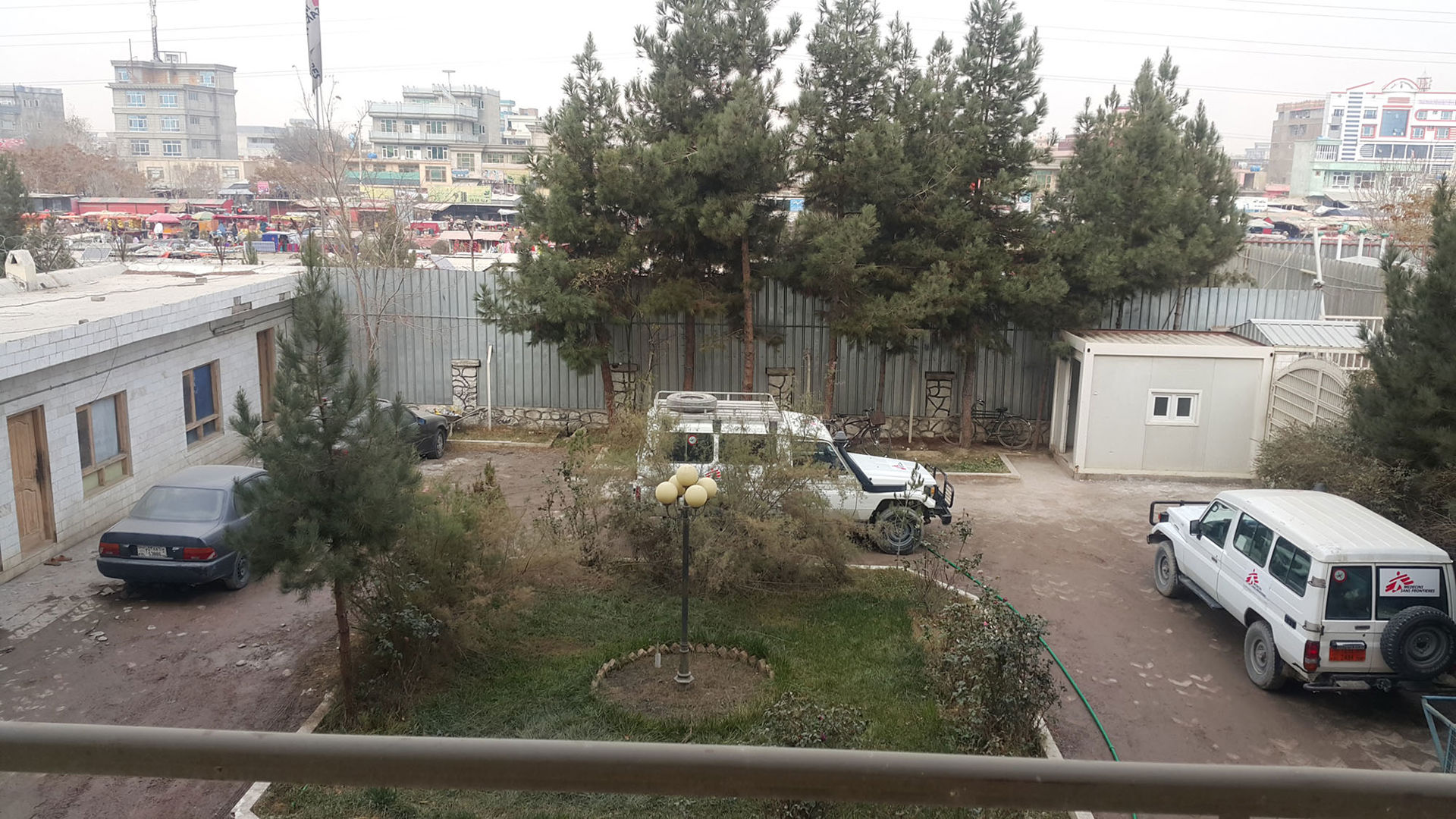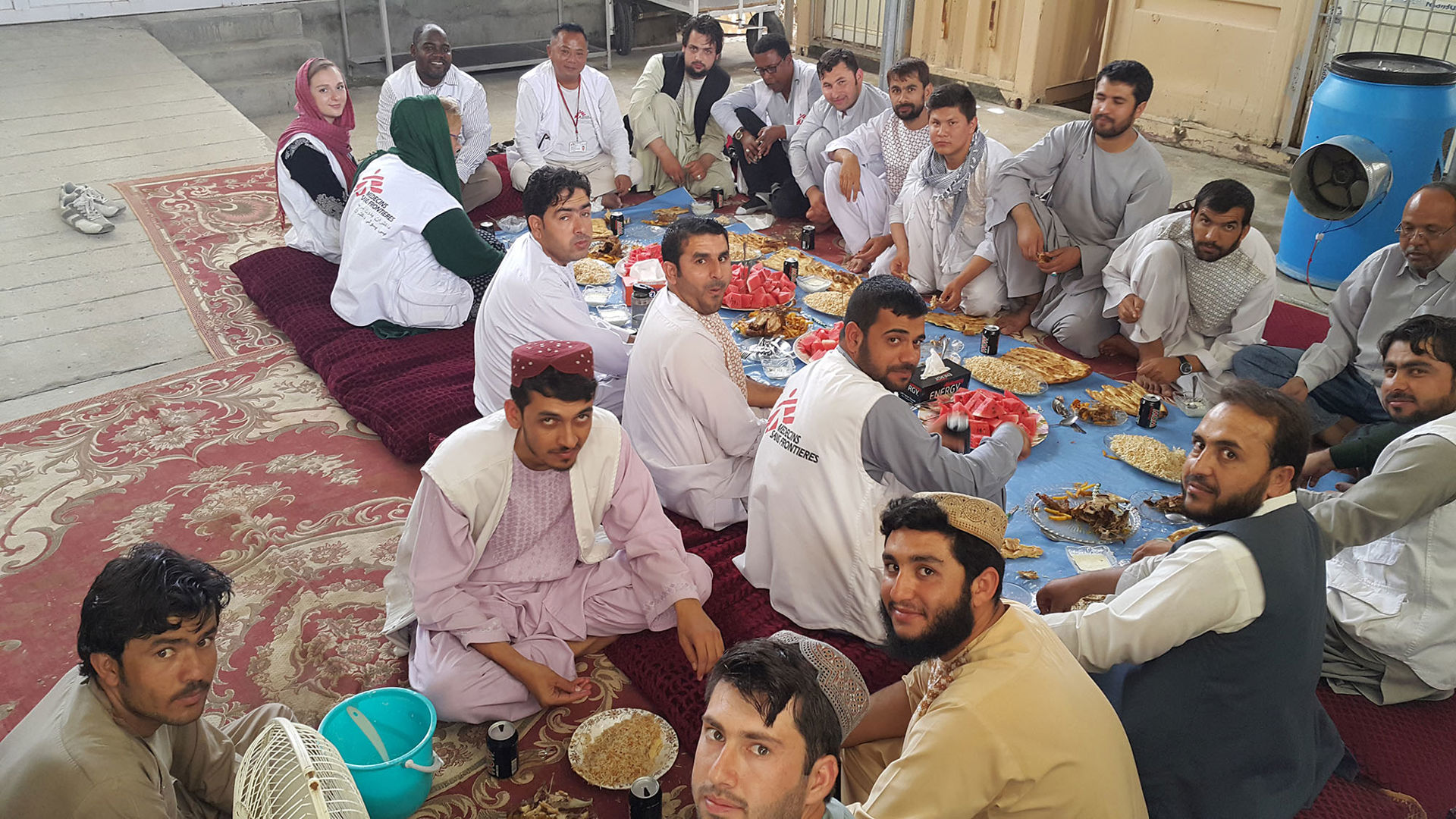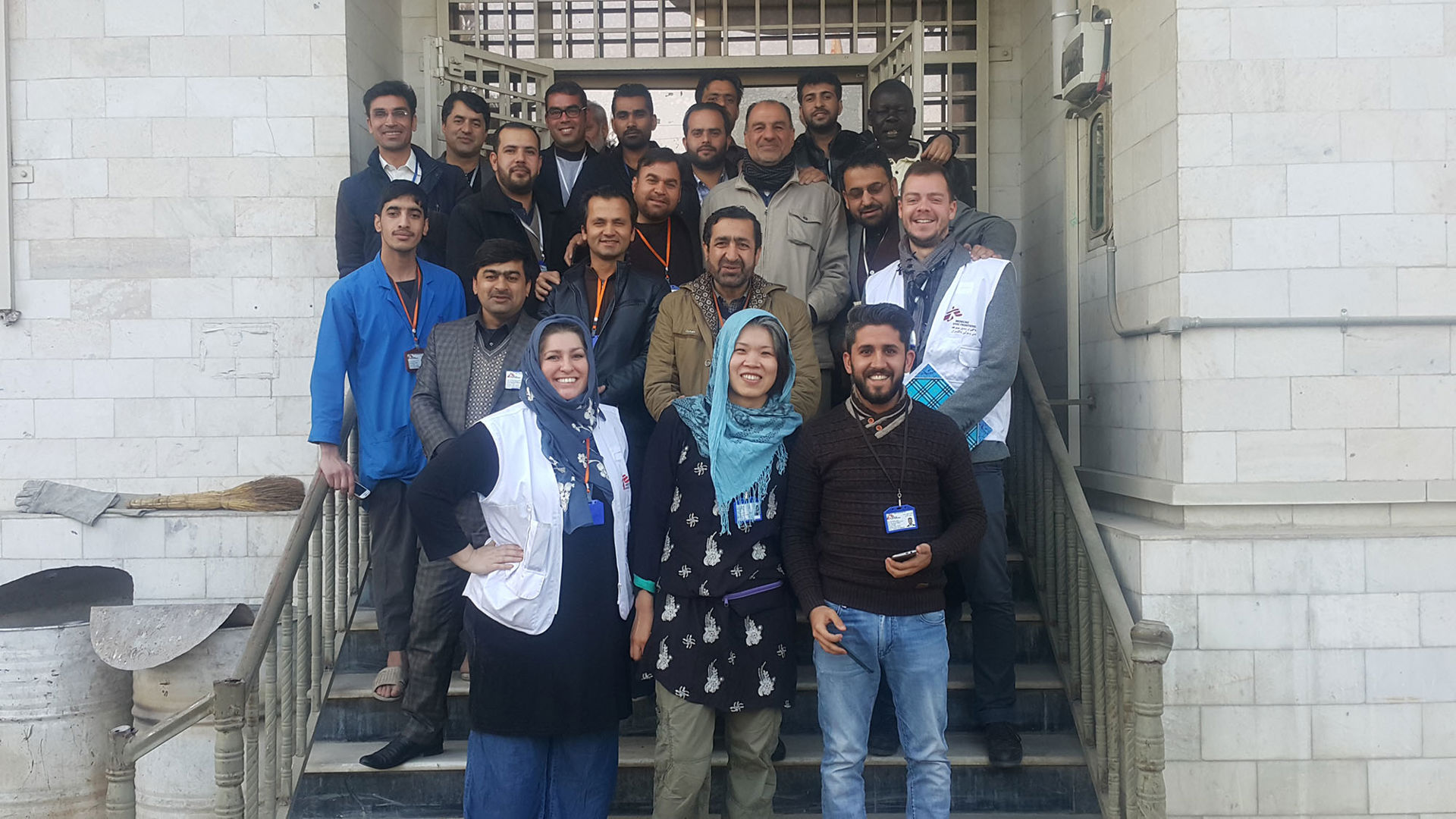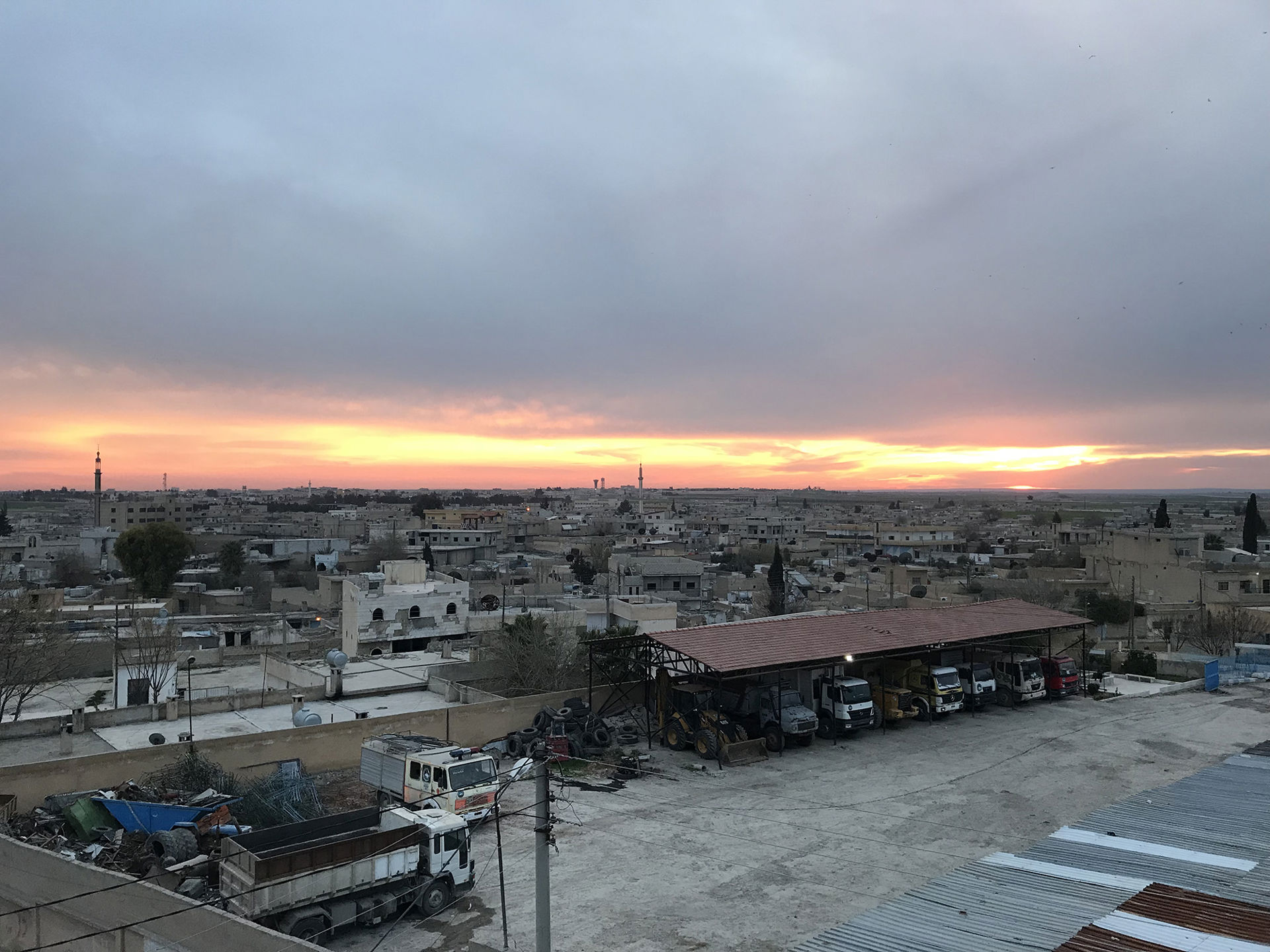When I knew that the destination of my first mission was Afghanistan, I must admit that I was a bit nervous. It was a challenge travelling from a stable and secure city to a war-ridden country. The position I held was Flying Human Resources Manager, and I was responsible for providing support to colleagues in different four projects across Afghanistan.
In my six-month mission in Afghanistan, I came to realise that MSF strived to ensure staff safety and security. We were not allowed to go out without permission. Whenever we wanted to leave the office multiple approvals were needed. Although the so-called going out was just to do shopping at the supermarket five minutes’ drive away, it became the most exciting moment of the week.
Right on arrival, I could already feel the risks of working in conflict zone. On May 29 I arrived Kabul, the capital of Afghanistan. That night, we could hear the loud noises of “Bang! Bang! Bang!” in our compound. Initially I thought that was fireworks, which made me feel like being in Hong Kong. But when I tried to go outside and watch, I was stopped by another field worker. He urged me to stay indoors, and told me that they were gunshot sounds. That made me worries if the stray bullets would go inside the MSF compound.

For safety reason, international staff is not allowed to leave the hospital without permission. We can only look outside from the hospital. Photo source: Susan Lam
On May 31 around 9 a.m., an explosion near the German embassy killed and injured hundreds of people. I just finished the morning meeting, and was on the way back to my office. As I had experienced earthquake before, I thought it was just like a magnitude 5 earthquake. Minutes later, my colleagues confirmed that was an explosion, and urged all of us to go and stay in the office. I felt dazed and my mind went blank.
In a country where gunshots are heard and bombings occur every day, field workers especially the medics, are under enormous stress. While they are there to save lives, they have to risk their own. As a member of the Human Resource Department, taking care of every field worker is my responsibility. I once met a doctor who went abroad for the first time. Right after her arrival, she already mentioned that she was not used to the new environment. In the following days, she did not participate in any social activities and seldom spoke. Initially we wanted to give her some space to adapt, but her isolation lasted for a week. By the second week, she requested to end her mission early because she could not adapt to the environment and feel homesick. Surprised by her decision, everyone started reaching out and discussing with her. In fact, it takes time for every international staff to adapt, and some may just need a longer while. With the support from the others, the doctor finally decided to stay, and later, she even considered extending her mission. This shows the importance of communication and mutual encouragement among the field workers.
Many of my friends ask: "Does MSF only need medical staff?” In fact, they need to be supported by non-medical professionals, such as people managing procurement, logistics, human resources, finance and others. In fact, in our missions, 60% field workers are medical professionals whereas the remaining 40% are non-medical professionals. The ratio of international and national staff is 1:10. With the close cooperation between them, we can achieve the goal of “teaching them how to fish instead of giving them fish” and train local talents in the long run.

MSF international and national staff are having meal together. Photo source: Susan Lam
Susan Lam is a Human Resource Manager from Hong Kong. She was deployed to Afghanistan for her first MSF field mission in May 2017, and worked there for half a year. Susan was involved in four projects in various locations including Kabul and Khost, and ensured a smooth running of human resources and administration services. She also provided support to international staff and training to local staff.



